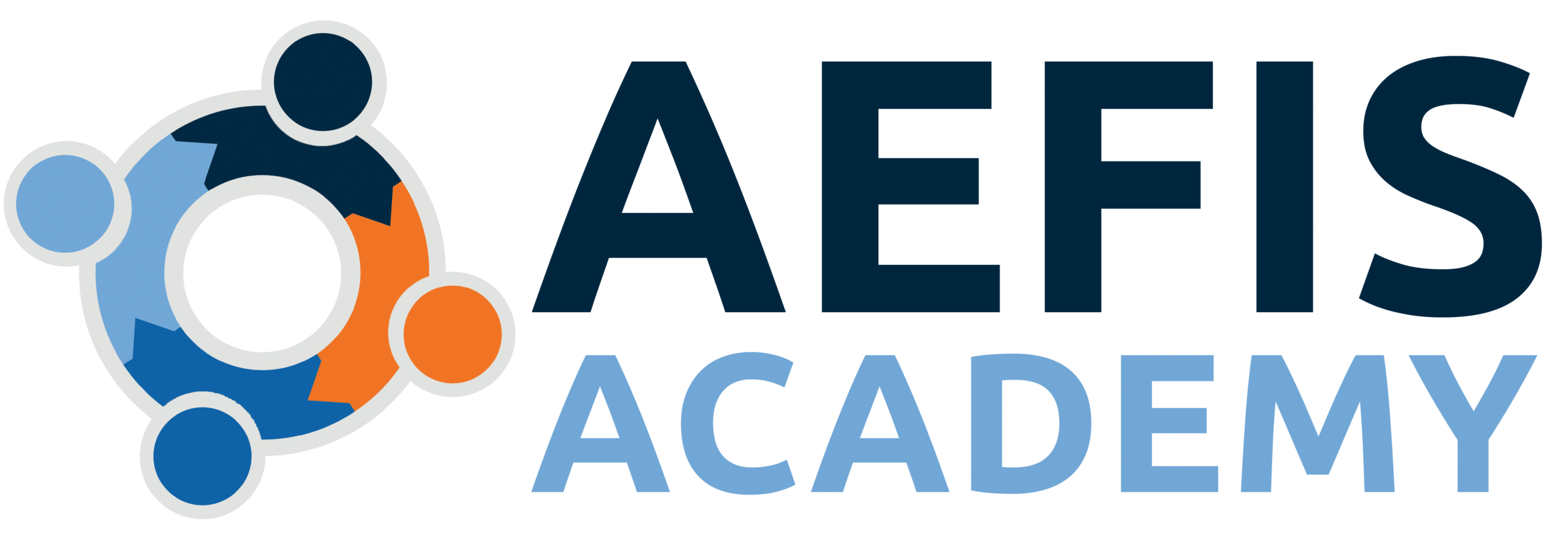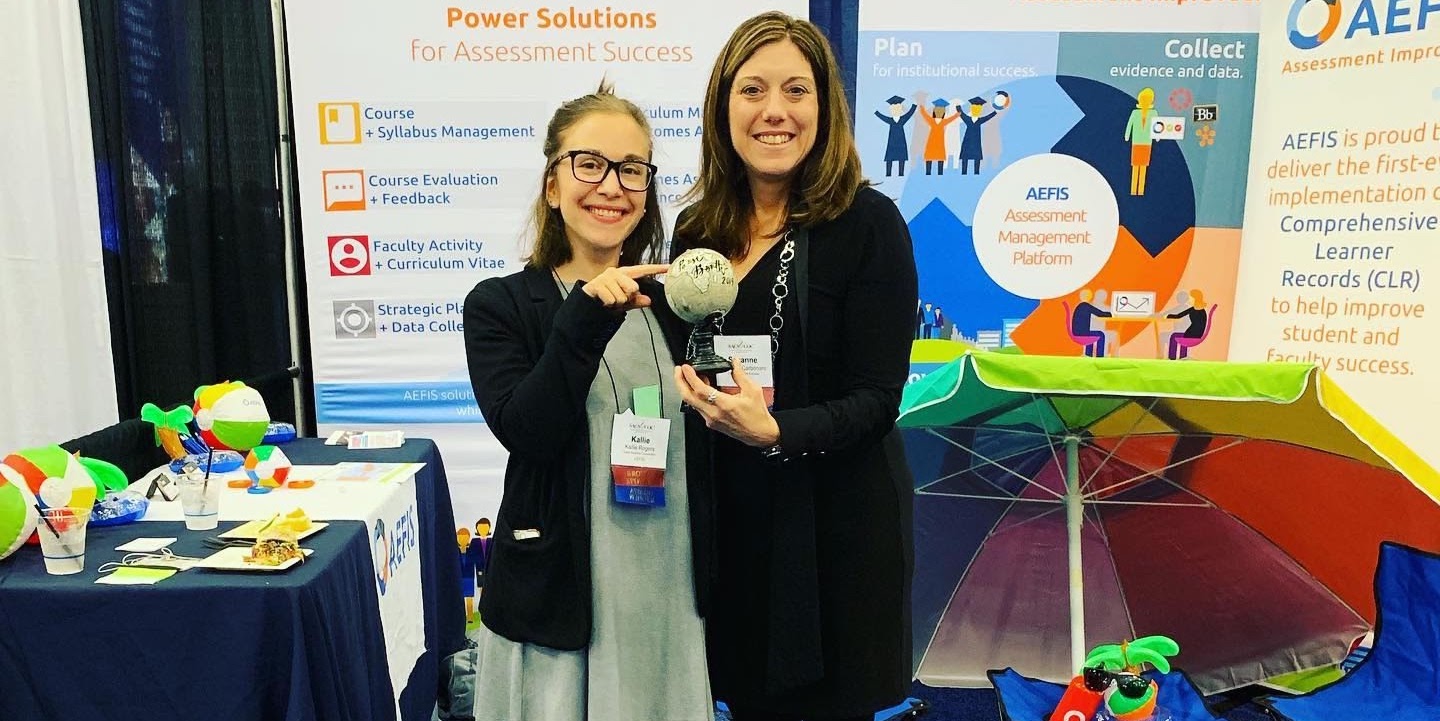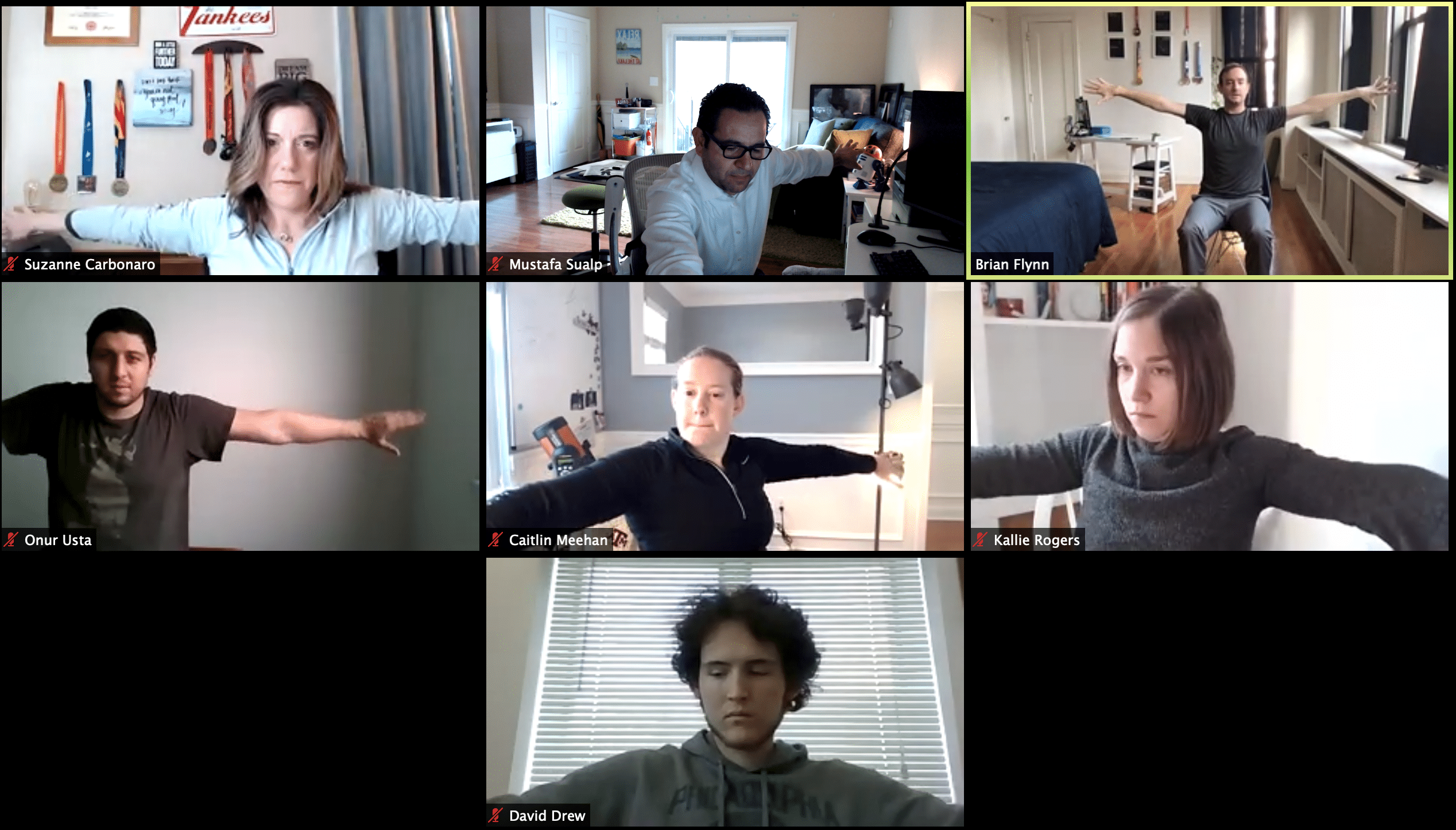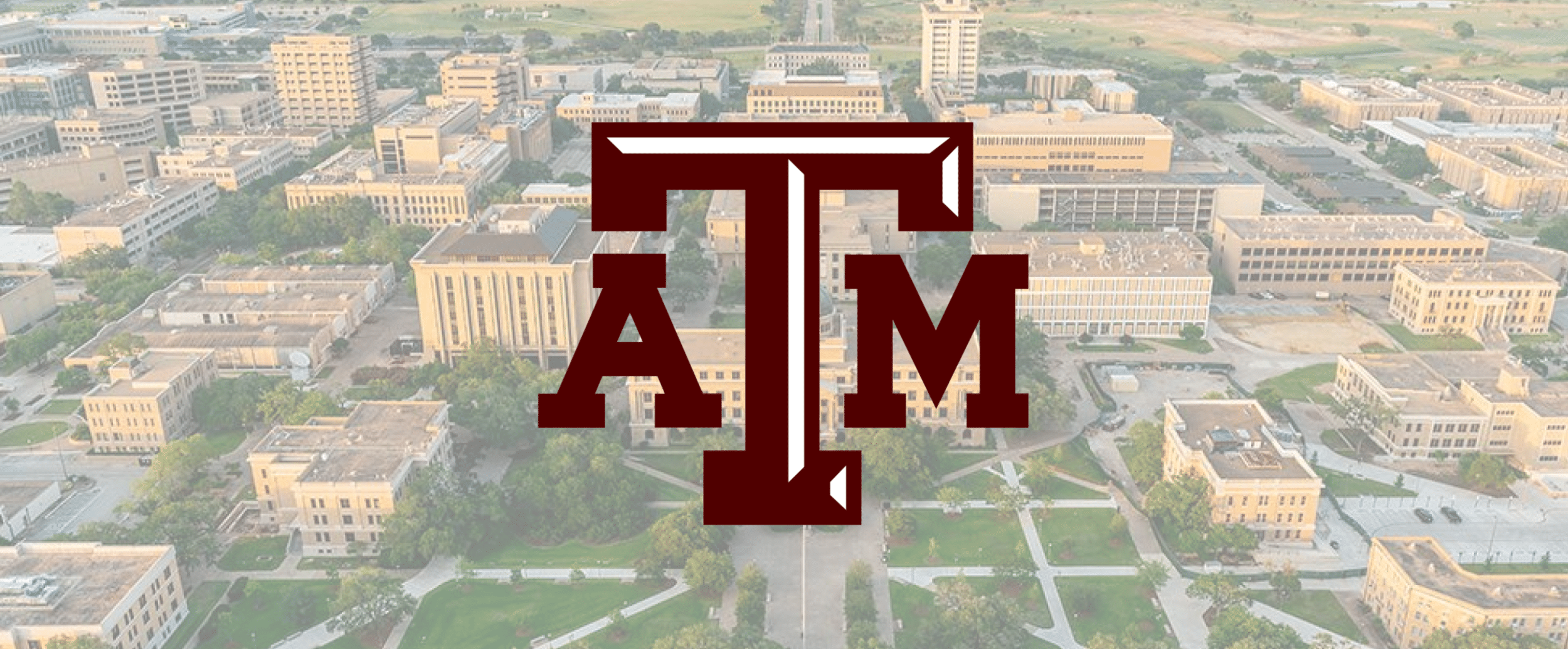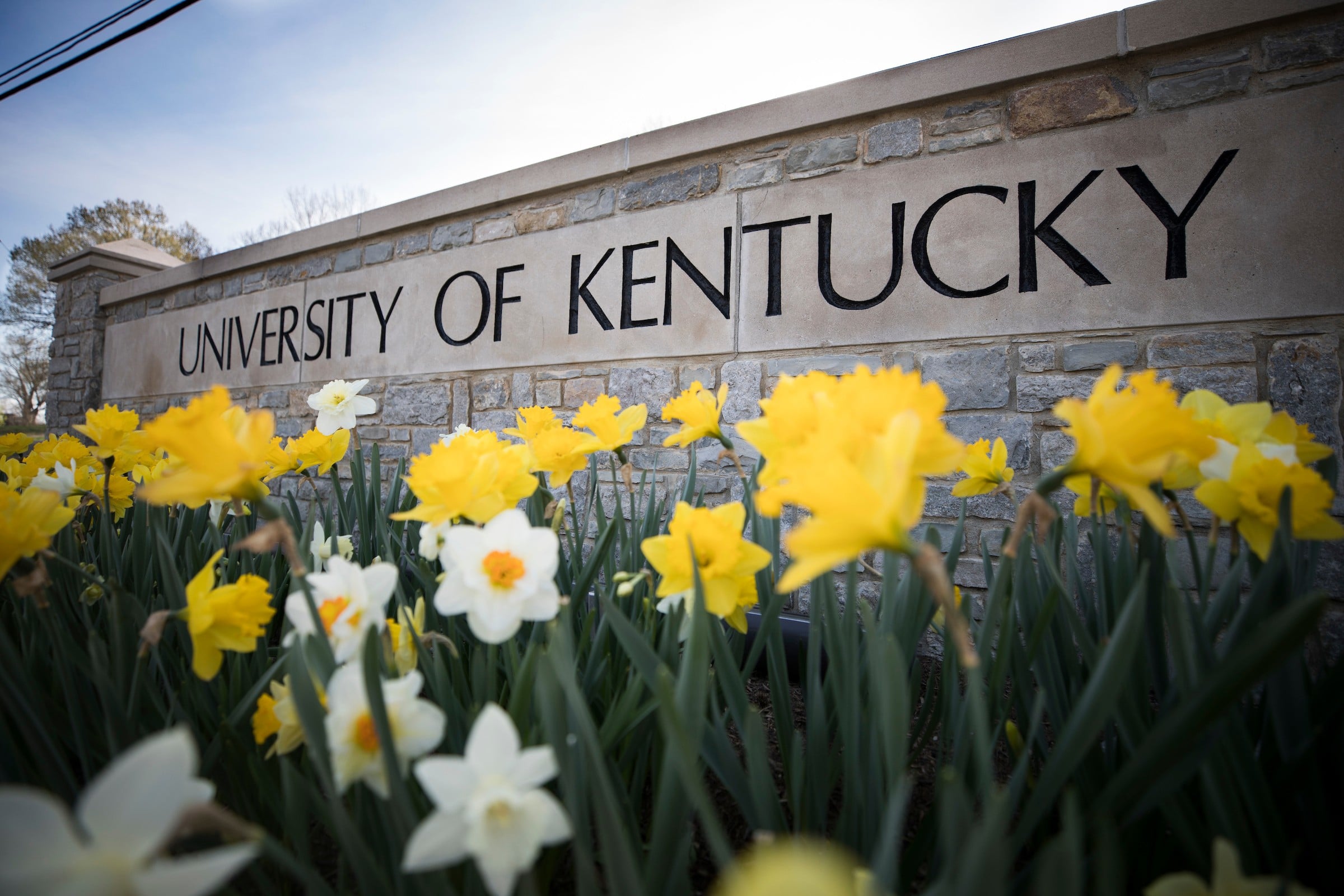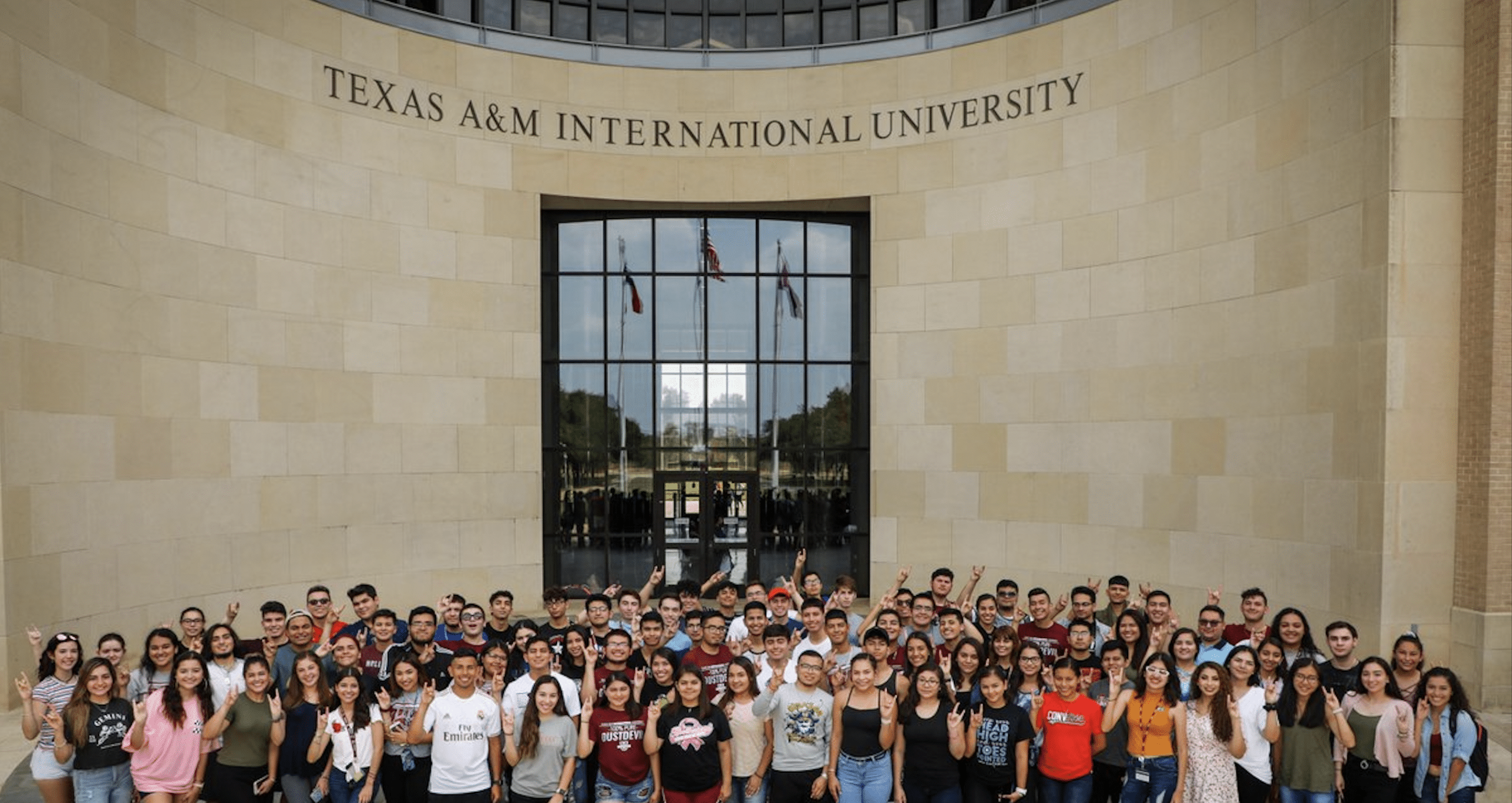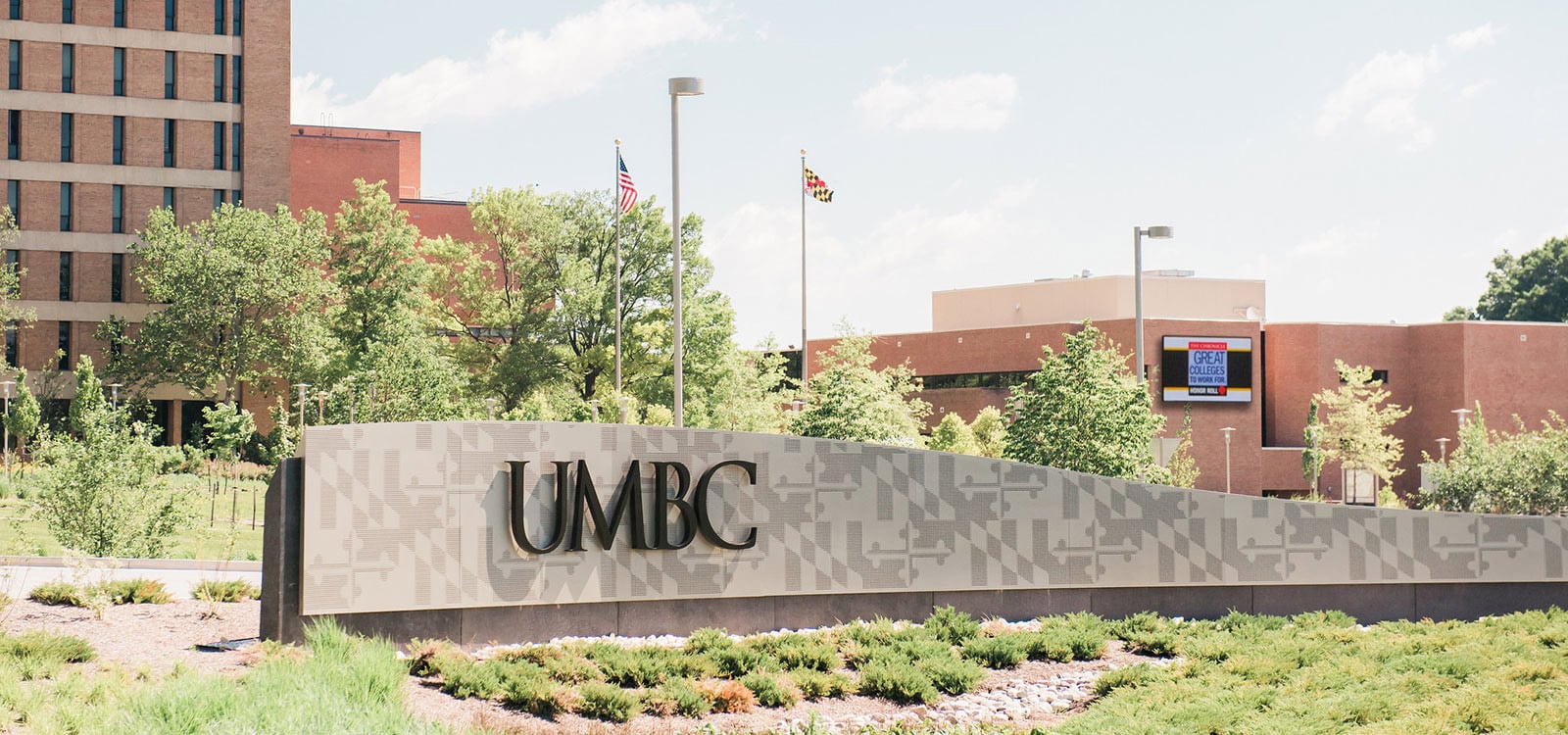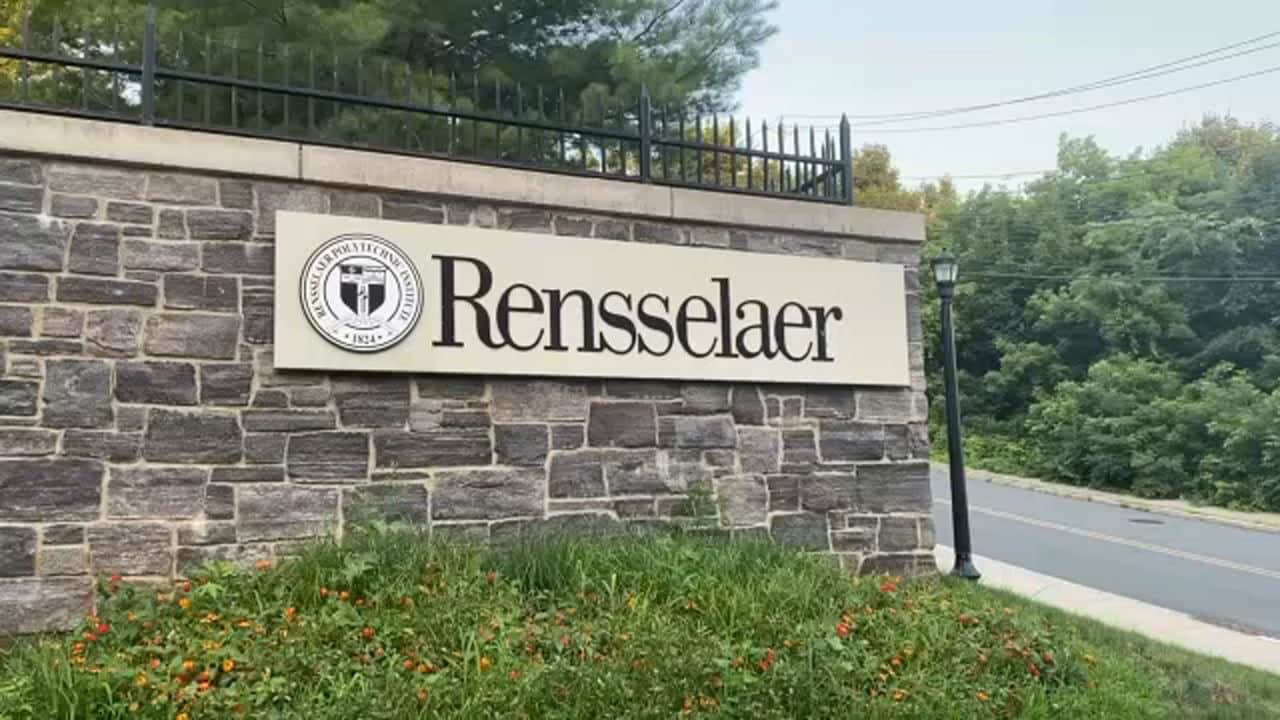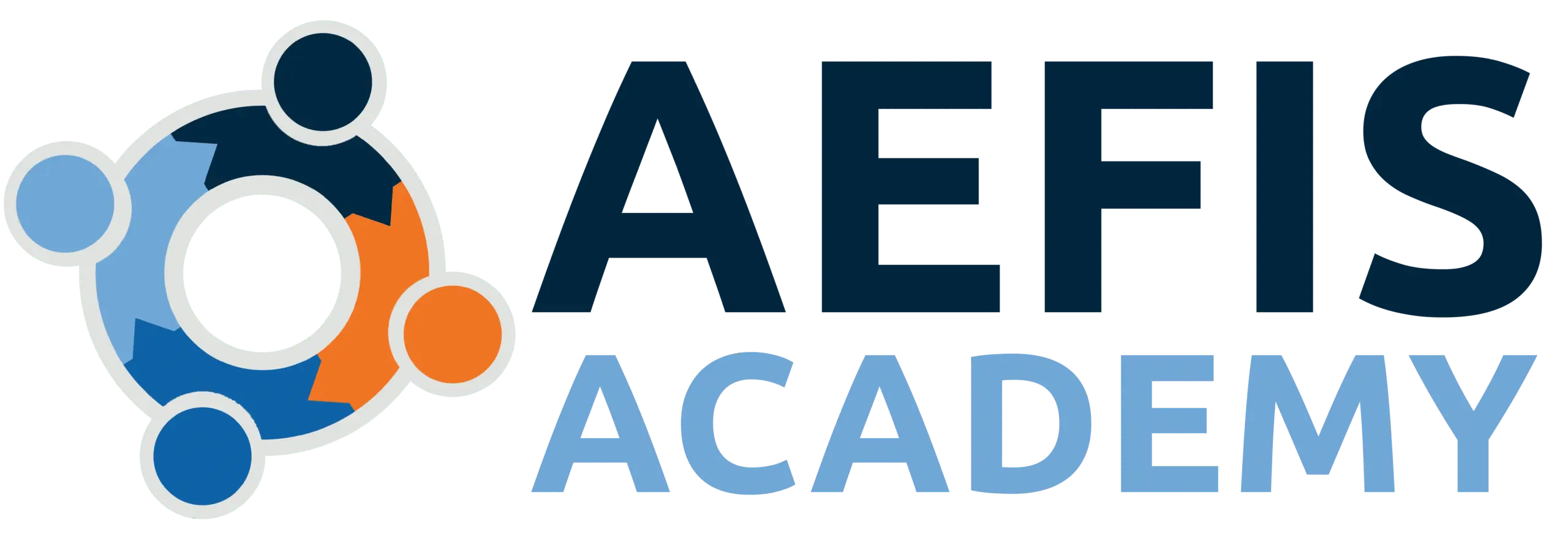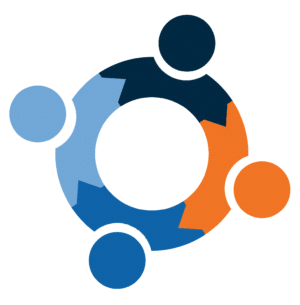Upcoming Live Events
AEFIS Makerspace: Design Your Success Journey with AEFIS
Let’s create your Success Plan with AEFIS! Our Client Development Team will be available to help you design your assessment success journey and determine how AEFIS can help.
AEFIS Virtual Yoga Level 1: 15-Minute Easy Stretching & Meditation While Sitting at Your Desk
This activity is intended for everyone and no experience necessary. All you need to do is show up!
Meet Our Partners Series—Surviving & Thriving: Texas A&M University’s Improved Self Study Process for the SACSCOC Decennial Report
Leading effectiveness and improvement initiatives at any institution take a clear vision, collaboration, and an innovative plan. Dr. Alicia Dorsey successfully led Texas A&M University through the completion of their SACSCOC Deciennal Report in fall 2021. In the true spirit of collaboration and partnership, she and her team helped usher in a new process to digitally deliver a self-study to their accreditation reviewers—sharing feedback to improve the efficiency and user experience of AEFIS Accreditation & Self Study Solution for other institutions in both the SACSCOC region as well as other accreditation bodies. In this session, we will hear about Texas A&M's approach, timeline, and ingenuity in not only surviving their self-study but thriving forward into a new era of institutional effectiveness that increases efficiencies and decision-making power.
Lightning Talks Series—Addressing Problems of Practice: Collaborating with Your Community to Establish a Foundation to Collect Meaningful Data
Digital transformation of your assessment processes is exciting but challenging at the same time. Empowering key stakeholders to contribute and design this digital transformation is essential. Tasks and logistics likely include setting up assessment proficiency scales, translating these scales for your programs, and institution, digitizing manual data collection are all part of the foundation to collect meaningful data for institutional effectiveness and improvement. Having a community to draw information and best practices from gives you the ability to adapt success from other institutions and stakeholders to your process. Hear from Dr. Mike Rudolph from the University of Kentucky who has established a process for ensuring that his 18 colleges are contributing to the foundation of assessment design and collection to ensure that meaningful data is being collected and used in making decisions for continuous improvement and accreditation reporting.
AEFIS Makerspace: Design Your Success Journey with AEFIS
Let’s create your Success Plan with AEFIS! Our Client Development Team will be available to help you design your assessment success journey and determine how AEFIS can help.
AEFIS Makerspace: Design Your Success Journey with AEFIS
Let’s create your Success Plan with AEFIS! Our Client Development Team will be available to help you design your assessment success journey and determine how AEFIS can help.
AEFIS Virtual Yoga Level 1: 15-Minute Easy Stretching & Meditation While Sitting at Your Desk
This activity is intended for everyone and no experience necessary. All you need to do is show up!
To Infinity and Beyond! Designing a Sustainable Self-Study Process
Preparing your institution for a SACSCOC’s Self-Study can be stressful for all stakeholders, especially if they are going through their first self-study together. This session demonstrates how leaders at Texas A&M International University (TAMIU) developed, adjusted, and learned from their initial approach to streamline and create a more efficient process using technology to complete their SACSCOC Fifth-Year Interim Report.
AEFIS Virtual Yoga Level 1: 15-Minute Easy Stretching & Meditation While Sitting at Your Desk
This activity is intended for everyone and no experience necessary. All you need to do is show up!
AEFIS Makerspace: Design Your Success Journey with AEFIS
Let’s create your Success Plan with AEFIS! Our Client Development Team will be available to help you design your assessment success journey and determine how AEFIS can help.
Continuous Improvement of Student Learning: Designing a Comprehensive Learner Logic Model
This session will provide insight into the University of Maryland, Baltimore County’s Comprehensive Learner Record (CLR) logic model and how this effort organically provides evidence of student learning while meeting the requirements of Middle States Accreditation. The collection of CLR data align with Standards III, IV, and V. In collaboration with Greater Washington Partnership (GWP) Capital COLab, an academic and industry body focused on developing a skilled workforce, UMBC’s CLR processes tracks acquisition of knowledge, skills and abilities (KSAs). This effort supports UMBC's goal in synthesizing learning across modules, courses and other learning experiences.
See how UMBC’s CLR logic model is supporting curriculum revision, student learning and preparing students for their future careers and how partnering with employers in your institution’s region supports the mission and vision of learning and career readiness.
Meet Our Partners Series—Leveraging Academic and Unit Program Review in Service of Your Middle States Self Study
Having a vision for your assessment process is key but putting that vision into action is where the rubber hits the road. Rensselaer Polytechnic Institute (RPI) is deeply entrenched in providing leadership development for all of its stakeholders through its Archer Center. The Center is currently employing a program review process that includes collecting assessment data on student life, human resources, ethics, law, policy and governance, diversity equity and access, financial resources and technology, and facilities and equipment. Concurrently, engineering programs are engaged in curriculum mapping and outcomes alignment processes which involve using technology and collaboration to connect with program stakeholders to make informed decisions about student performance and improvement. Listen in as community member Amy Svirsky shares her institution's best practices in collecting assessment across RPI and how these data are informing their Middle States self-study.
